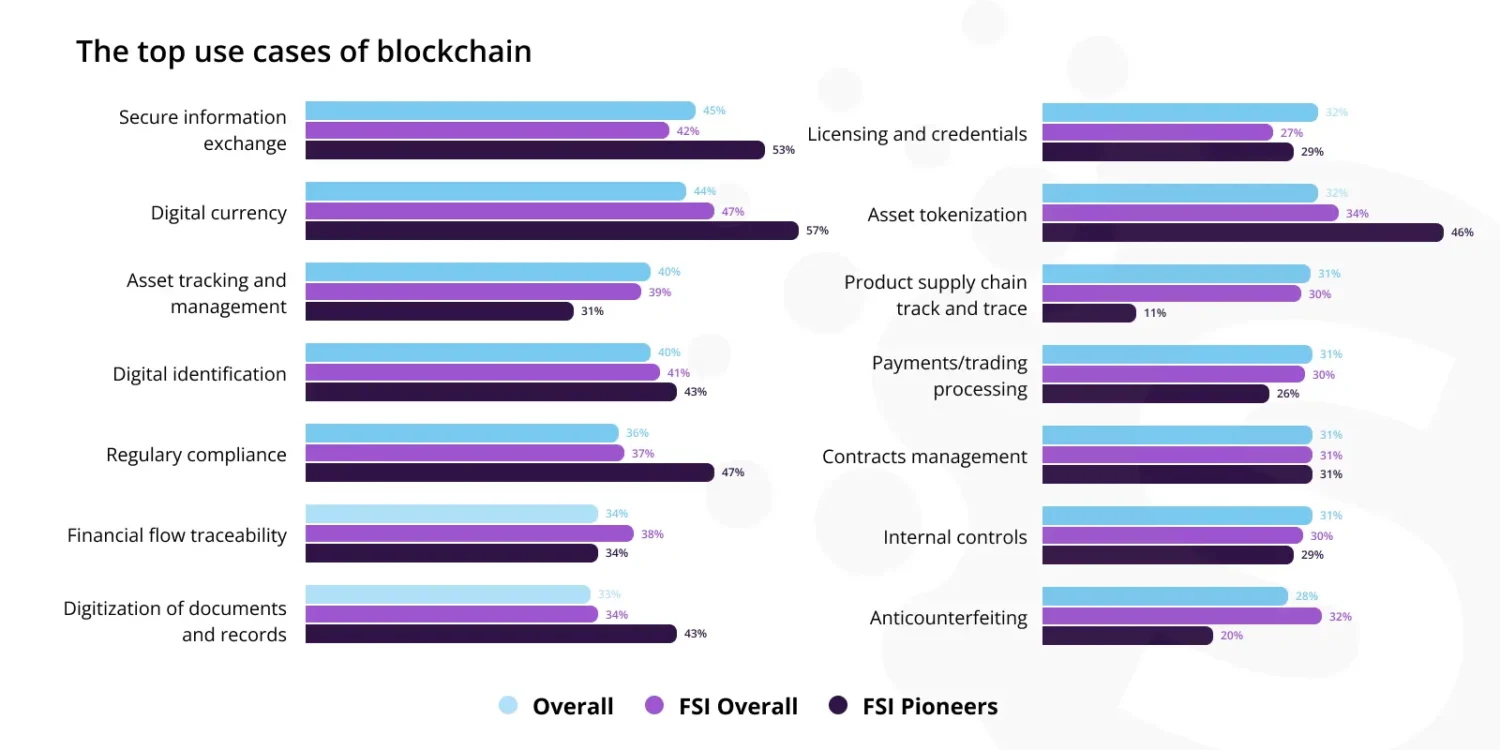
Blockchain has emerged as a disruptive technology with the potential to transform industries and business models. It is a distributed ledger technology that provides security, transparency, and immutability.
Rpcfast.com APIs are the interfaces that allow developers to interact with the blockchain network, access data, and build decentralized applications. With the increasing adoption of blockchain technology, the demand for blockchain APIs is also on the rise.
This article will explore the current state of blockchain API adoption, emerging trends and use cases for blockchain APIs, predictions for the future of blockchain APIs in 2024 and beyond, and challenges and opportunities for blockchain API development and adoption.
The Current State of Blockchain API Adoption

Blockchain APIs have been around since the early days of blockchain technology. However, their adoption has been slow due to the complexity of the technology and the lack of standards. Today, there are many blockchain APIs available in the market, including Ethereum, Bitcoin, and Hyperledger. These APIs provide developers with access to the blockchain network, allowing them to build decentralized applications (dApps), smart contracts, and other blockchain-based solutions.
The adoption of blockchain APIs is still in its early stages, but it is growing rapidly. According to a recent report by MarketsandMarkets, the global blockchain API market is expected to grow from USD 231.0 million in 2018 to USD 1,019.4 million by 2024, at a Compound Annual Growth Rate (CAGR) of 34.4% during the forecast period. The report states that the increasing demand for blockchain technology, rising adoption of blockchain-based solutions, and the need for simplified blockchain API methods are driving the growth of the market.
The current state of blockchain API adoption is also influenced by the regulatory environment. Many countries are still grappling with how to regulate blockchain and cryptocurrency-related activities. This has created uncertainty for developers and businesses that want to use blockchain APIs. However, some countries, such as Switzerland and Malta, have taken a proactive approach to blockchain regulation, providing a favorable environment for blockchain API development and adoption.
4 Emerging Trends and Use Cases for Blockchain APIs

Blockchain APIs have the potential to disrupt many industries, including finance, healthcare, logistics, and supply chain management. The following are some emerging trends and use cases for blockchain APIs:
1. Decentralized Finance (DeFi)
Decentralized finance, or DeFi, is a rapidly growing sector that aims to provide financial services on a decentralized blockchain network. DeFi applications are built on blockchain APIs, enabling peer-to-peer lending, borrowing, and trading without intermediaries. DeFi is one of the most promising use cases for blockchain APIs, with the potential to disrupt traditional financial services.
2. Digital Identity and Authentication
Blockchain APIs can be used to build decentralized identity solutions, enabling users to control their personal data and authenticate themselves without relying on centralized authorities. This can improve security and privacy, reduce identity fraud, and streamline processes such as Know Your Customer (KYC) and Anti-Money Laundering (AML) checks.
3. Supply Chain Management
Blockchain APIs can be used to create transparent and secure supply chain networks, enabling end-to-end tracking of goods, reducing fraud, and improving efficiency. This can benefit industries such as food and beverage, pharmaceuticals, and logistics.
4. Gaming and Non-Fungible Tokens (NFTs)
Blockchain APIs can be used to create gaming and NFT platforms, enabling developers to create unique, verifiable, and transferable digital assets. This can create new revenue streams for game developers and provide gamers with ownership and control over their in-game assets.
4 Predictions for the Future of Blockchain APIs in 2024 and Beyond

The future of blockchain APIs looks bright, with the potential to revolutionize industries and business models.
The following are some predictions for the future of blockchain APIs in 2024 and beyond:
1. Interoperability and Standardization
As the number of blockchain networks and APIs increases, the need for interoperability and standardization will become more important. Developers will need to build cross-chain solutions that can communicate with different blockchain networks and APIs. Standardization will also be necessary to ensure interoperability and reduce complexity.
2. Scalability and Performance
Blockchain networks and APIs currently face scalability and performance issues, limiting their adoption and use cases. However, there are ongoing efforts to improve scalability and performance, such as through the use of Layer 2 solutions, sharding, and sidechains. These efforts are expected to bear fruit in the coming years, enabling blockchain APIs to handle more transactions and support more use cases.
3. Privacy and Security
Privacy and security will continue to be important issues for blockchain APIs. Developers will need to build solutions that protect user data and prevent unauthorized access. Privacy-enhancing technologies, such as zero-knowledge proofs and secure multi-party computation, will become more important for blockchain APIs.
4. Integration with Emerging Technologies
Blockchain APIs will need to integrate with emerging technologies such as Artificial Intelligence (AI), the Internet of Things (IoT), and 5G. This will enable new use cases and applications, such as AI-powered smart contracts, IoT-enabled supply chain management, and 5G-enabled decentralized applications.

Conclusion
Blockchain APIs are a critical component of blockchain technology, enabling developers to interact with the blockchain network and build decentralized applications. The adoption of blockchain APIs is still in its early stages, but it is growing rapidly.
Emerging trends and use cases for blockchain APIs include DeFi, digital identity, supply chain management, and gaming/NFTs. Predictions for the future of blockchain APIs include interoperability, scalability, privacy and security, and integration with emerging technologies.
The challenges and opportunities for blockchain API development and adoption include regulatory uncertainty, complexity and lack of standards, integration with existing systems, and opportunities for innovation.
As blockchain technology continues to evolve, the future of blockchain APIs looks bright, with the potential to transform industries and business models.









